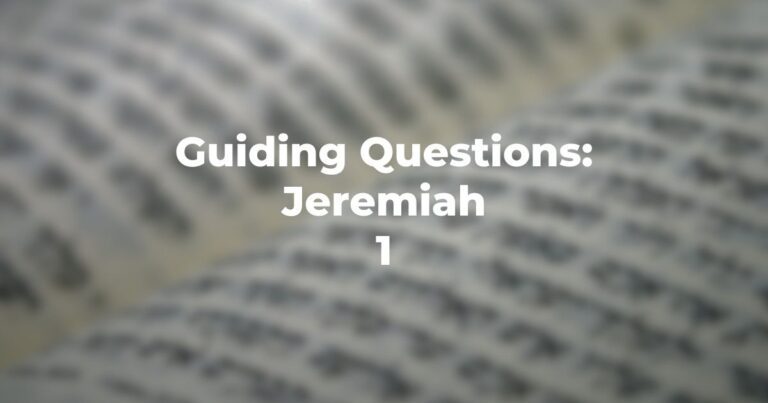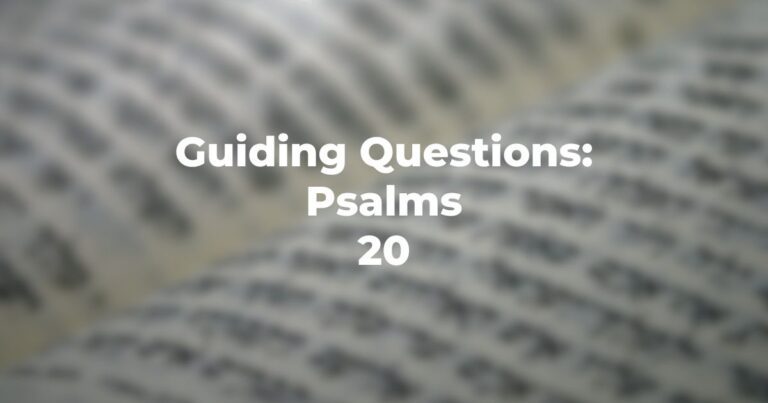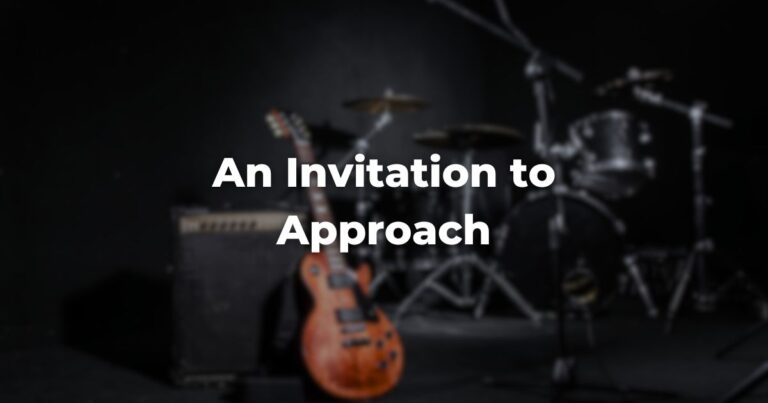- The name of the second book of the TorahRefers to the first five books of the Hebrew Bible, the Tanakh, also called the Five Books of Moses, Pentateuch or the Hebrew equivalent, Humash. This is also called the Written Torah. The term may also refer to teachings that expound on Jewish tradition. Read more is Shmot; the secular title is Exodus – what would justify either?
- A third title for the volume is Sefer Habrit, that is “The Book of the Covenant”. What, then, would one expect from this title?
- As one reads through this chapter the question should be asked: there are things being done to the Jewish people; is there any action on the part of the people itself?
- Is there any evident reason for the repetition of the members of the Jacob family in the early verses of this chapter?
- In verse 7 reference is made to the increase in the numbers of “B’nai Yisrael;” is the reference to a “family” or to a people/nation?
- In verse 8 does the text state that “he did not know his history” or that the role of Joseph was inconsequential as far as he was concerned?
- And, in verse 9, note the reference to “am B’nai Yisrael” which would affirm that the group was regarded as ____________?
- What is the expressed fear of the Egyptian king?
- In these passages is the king ever referred to as Pharaoh (save for verse 11)?
- Is there indication to which leader/leaders the Egyptian measures were communicated – or do B’nai Yisrael appear to be leaderless?
- In verse 15 another “measure” is suggested by the Egyptian king (note, again, not referred to as Pharaoh) – speaking to the “Habiru (Ivri) midwives – and are these midwives for the Habiru or themselves members of the group – and would two be adequate for a very substantial population (see verse 19)?
- Is there any reaction from the Israelites to this genocidal measure?
- How is the measure totally thwarted?
- In verse 19 does “ha’yot” mean that they are “animal like” or that they are “lively”; but in any event that the midwives are not needed?
- Other than the reference to Divinity in verse 20 where is God in this narrative?
- And, once again, who and what are the leaders of the Israelites (or are there such)?
- What additional measure does Pharaoh (note, not referred to here as the King of Egypt) mandate?
- Does text (verse 22) indicate if it is to be “every Habiru child” or “every child” – or should one assume that the absence of the adjective does not matter and that the intent is for every Habiru child?
- What might be expected as a reaction to the command that every male child is to be thrown into the Nile; is there rebellion, resistance – any reaction recorded?
- Through the book of Bereyshit it was reasonably clear as to who the leader of the emerging Jewish people was; is there any indication of any leader, in any mode, in this chapter?
Author
-

Exploring Judaism is the digital home for Conservative/Masorti Judaism, embracing the beauty and complexity of Judaism, and our personal search for meaning, learning, and connecting. Our goal is to create content based on three core framing: Meaning-Making (Why?), Practical Living (How?), and Explainers (What?).
View all posts




